How to Get Started Homeschooling (with Unit Studies)
Someone recently asked me how to get started homeschooling. She was interested in creating some unit studies for her kids and wanted to know where to start. Since I tend to create our history and science units myself, I thought I’d try to share how I pull our units together.
I’ve written a lot of related posts about homeschooling things like planning, preparation, assessing our long term and short term goals, thinking about homeschool philosophies… and even general homeschool encouragement… like the true thing you need to homeschool… love, patience, commitment, permission to take time off and more! You’ll find tons of links to other articles at the end of this post.
I am interested in creating some unit studies for my kids. How do I get started? What program do you use?
I have a lot of homeschool curriculums on hand (things like the Story of the World, A Children’s History of the World, Real Science for Kids, NOEO science ), but to be honest I still tend to create our own units from a hodge-podge of resources, books from the library, Internet resources and the “curriculums” I have on hand. I’ll explain more below.
So back to your first question… How do I get started?
My first step is to decide what unit the kids will study. Sometimes I just ask them… But also I have a general plan in my head of where our homeschool is going. So, for history, for example we started back with the Ancients and went chronologically forward until we hit about the 1800s or so. With American History we started with a unit called This is the United States (we had just moved to the U.S; my kids were all born overseas in Australia). Since then we’ve moved forward chronologically in American history again through the mid-1800s. I skipped all the major wars… We have not gone into depth, for example, about the Civil War or the World Wars simply because I had a younger child and did not want to go into detail about why the wars were fought and what war really means. Since I felt we were not ready for the modern era (well, for the World Wars, etc.) we spent last year studying Africa and this year the plan was to study Asia. We spent most of the fall studying India and finished up with Gandhi. Then it occurred to me with our in-depth study of Gandhi it would make sense to do a unit on the Civil Rights Movement. Last year, we had gone into quite a lot of depth about triangular slave trade (and slavery in the New World) when we were studying West Africa. It just made sense to jump into this topic. So, what I’m saying is sometimes we follow rabbit trails — and that’s how some of our units develop!!
I usually spend about two or three weeks preparing for our unit. I gather a LOT of books from the library (10-15) both fiction and non-fiction and start reading through the children’s books. I almost always try to borrow the hands-on activities types of books as well for inspiration. Books such as Janice VanCleave’s books for science or 50 Hands-On Activities to Experience… (Egypt, Ancient Greece or what have you).
Then I start taking notes in my homeschool notebook of topics and good ideas I come across. Eventually, I make my way onto the Internet and look for activities. I have found ProTeacher to be a great source of ideas!
Once I have a pretty good handle on what we’re going to study, I’ve found it helps me to create notebook pages for the kids. That way I know I’m highlighting the main points I want the kids to retain… The various packets you’ll find on my blog are the way I pull everything together for myself and the kids. I’ve made worksheets on all kinds of topics we’ve studied: Human Body Systems; Black Plague; Ancient Egyptian Gods and Goddesses; Islam; Hinduism; Gandhi; the Transatlantic Trade; Geometry; Rocks and Minerals; and Simple Machines… and I could go on and on! I didn’t do this when the kids were younger. Back then it was much more about the process and experience. Not to say that we didn’t cover content, but we covered content in a different way… often with Lapbooks (click on the link to see some of our past projects).
Just recently I answered this same sort of question for science… How we create a homeschool curriculum for science. You might be interested in looking at those two posts. I talked about the process of deciding on the science units we cover and some of the topics that are on my mental “gotta cover that at some point” list:
- Preschool Science at Home
- Creating an Elementary Science Curriculum
Some I’ve gone through to find some other posts that might help you get started:
Planning for the New Homeschooling Year (For links to these check out this post: Starting to Homeschool):
- Here are the questions I consider as I plunge into the planning process.
- Assess Your Homeschool Philosophy: Are you happy with *how* you are homeschooling I talked a lot about the books I’ve read that helped us find the homeschool style that works for us.
- This post looks a back at our school year. (The kids would have been finishing Grades 3, 1 and preschool) I talk about what went well and what could use some improvement.
- Long Term Homeschooling Goals
- Short Term Goals and Planning
- What is a “Typical” Homeschool Day Like (Grades 5, 3, K)
- Our Homeschool Plans This Semester (Jan. 2014, Grades 5, 3, K)
- Homeschool Year in Review (Grades 2 and 4)
- Last Year’s Homeschool Units (Grades 1 and 3)
- Typical Day when the Kids Were Tots and PreK (Ages 18mo, 3 and 5 yrs.)
- Homeschool Preschool Year in Review
- What Happens in a Homeschool Day? Our week or two in review (K, Grades 3 and 5)
- An overview of many of the unit studies we’ve done in our homeschool: Hands-On Activities Tots to Ten Year Olds — with links to over a hundred units and categories.
General Homeschool Inspiration and Thoughts:
- Advice to New Homeschoolers
- 20+ Thoughts for the Busy Homeschool Family
- To Homeschool You Need… (Love… To Ease Into It…)
- Time and the Busy Parent
- Favorites from the Homeschool Den (Our favorite homeschool activity, science activity, field trips, etc.)
- Homeschool Questions Answered: What does a typical homeschool day look like?
- To Homeschool You Need
- Homeschool Questions Answered: Why do people homeschool?
- How we Incorporate These Homeschooling Philosophies into Our Homeschool
- New Government Study Shows an Increase in Homeschooling
- Homeschooling Questions Answered: What About Socialization?
- Long List of Free Homeschool and Teaching Resources
The most important thing to remember is that homeschooling is a journey and an adventure… and no one really knows what you’ll see, experience and delve into along the way!
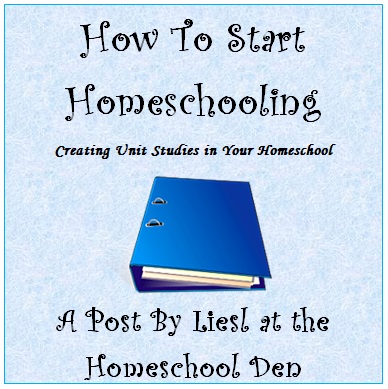
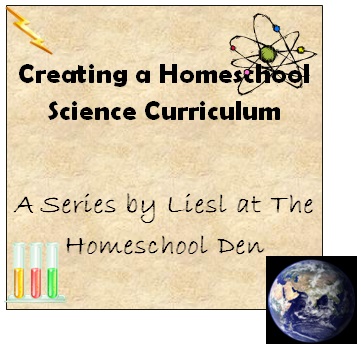


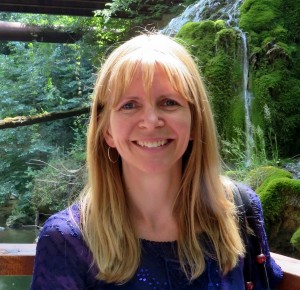

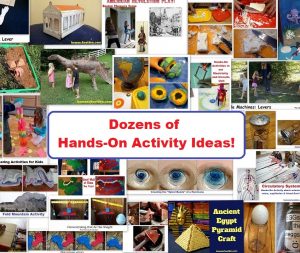



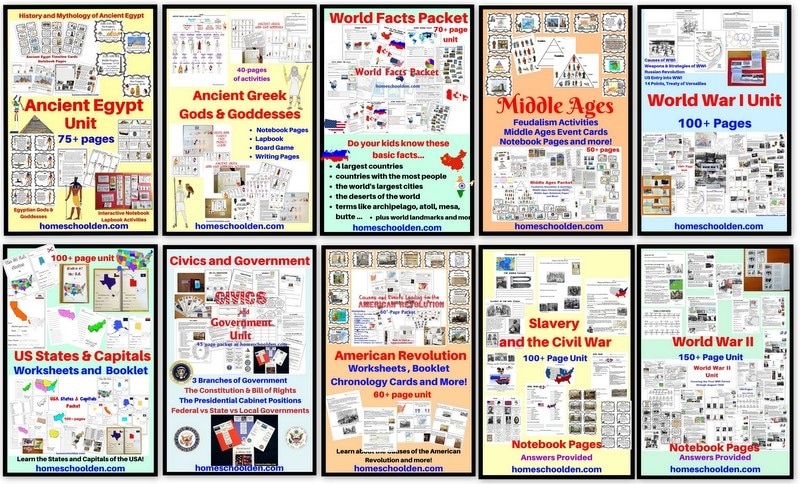
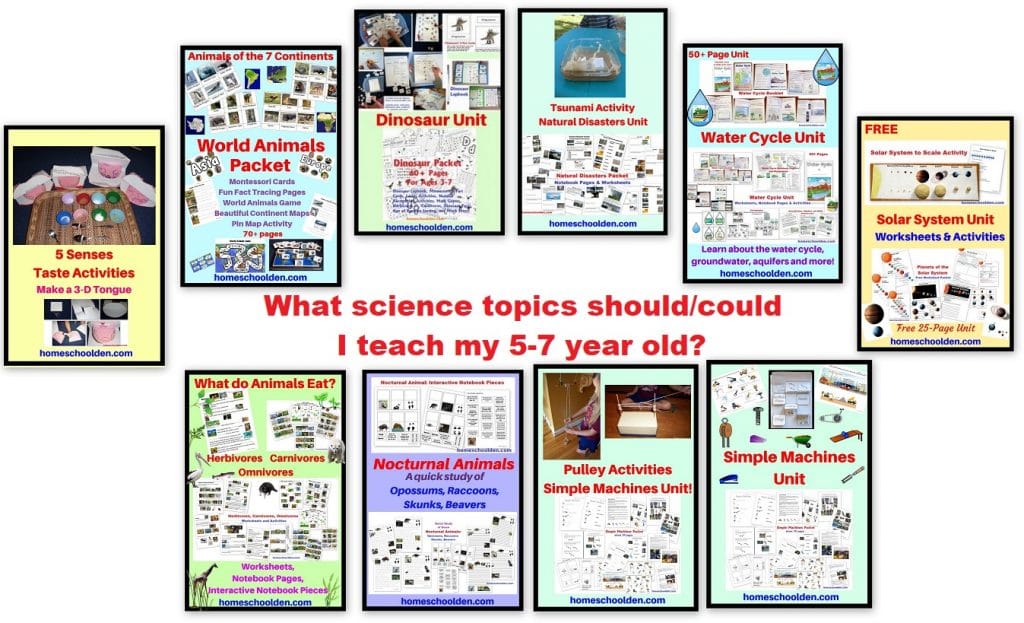

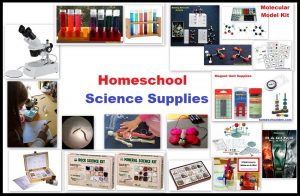
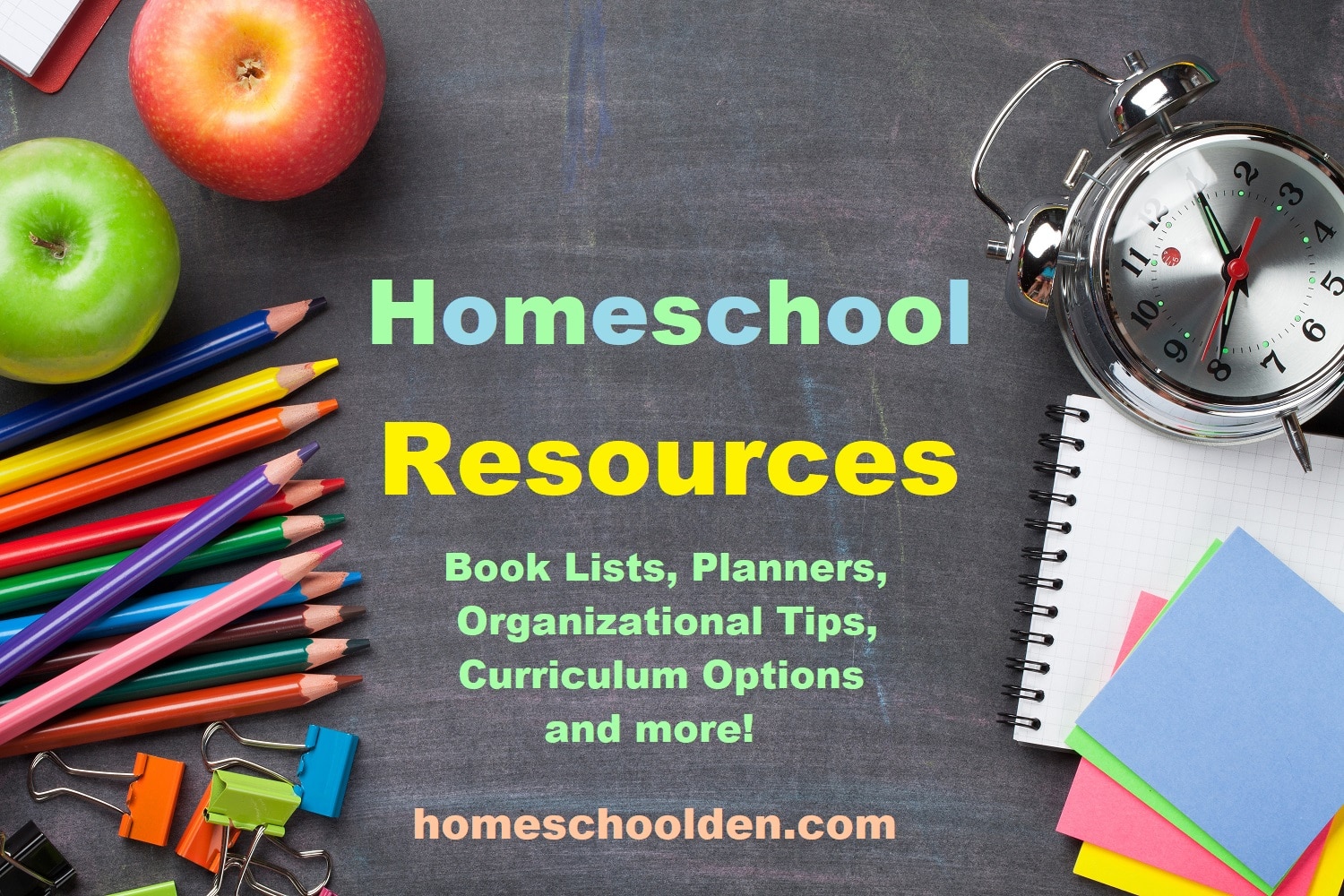



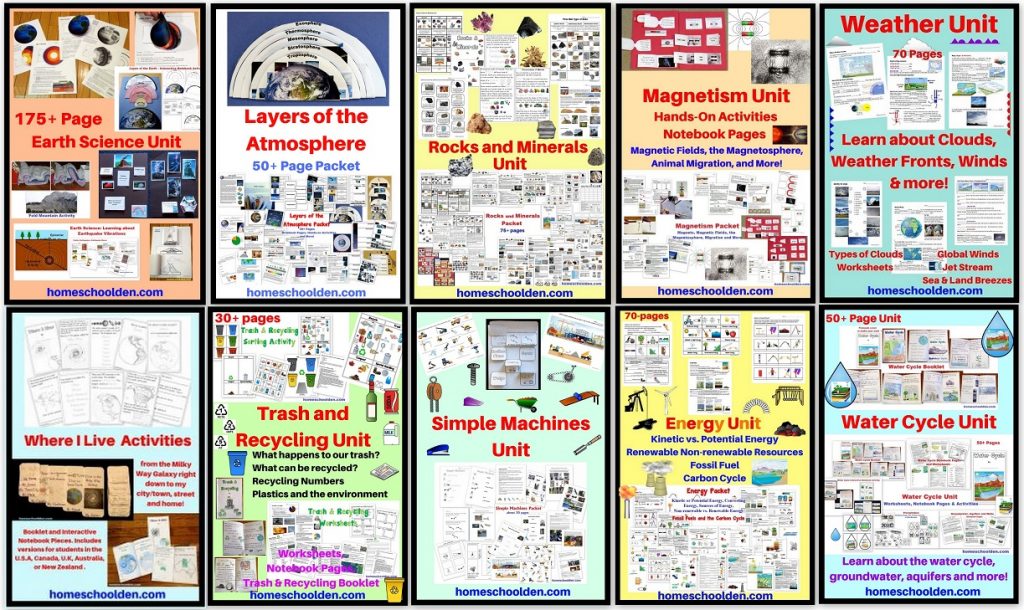
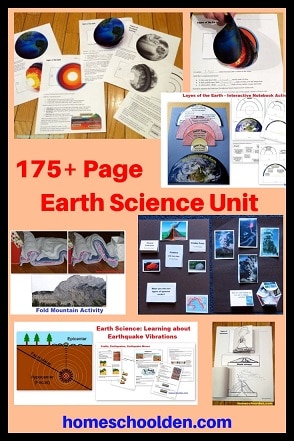
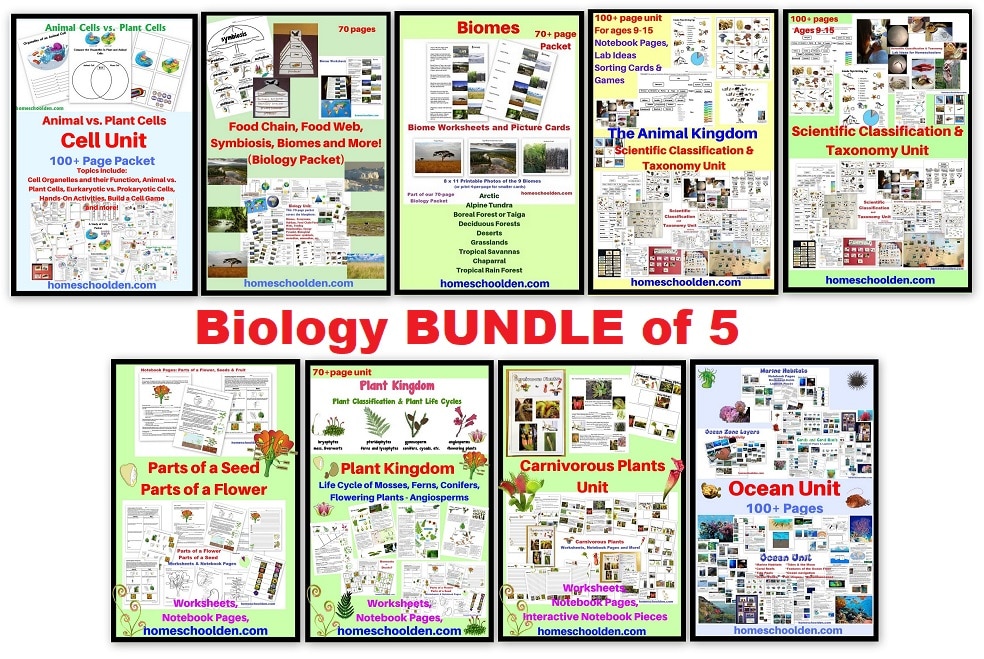
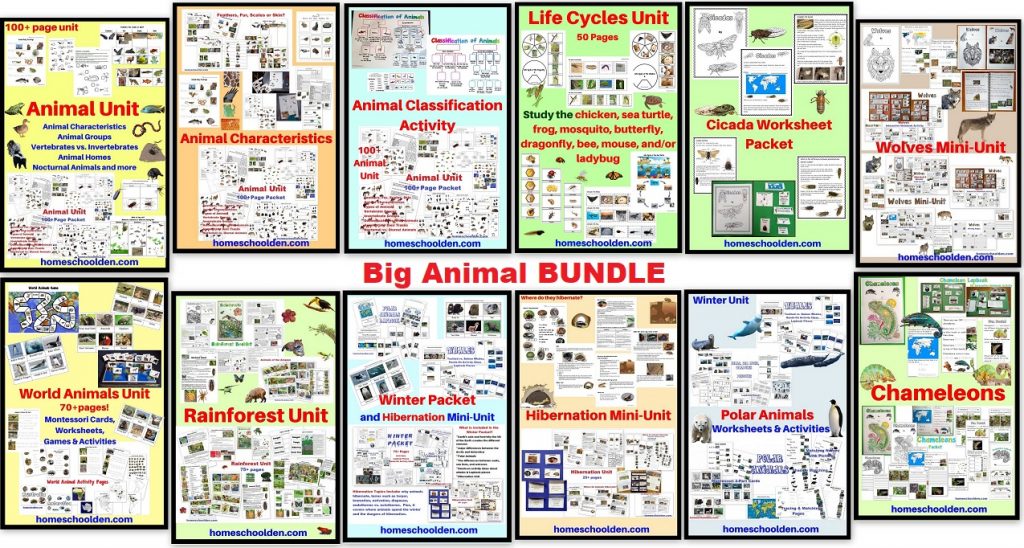




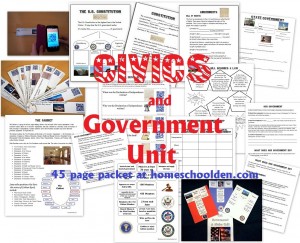
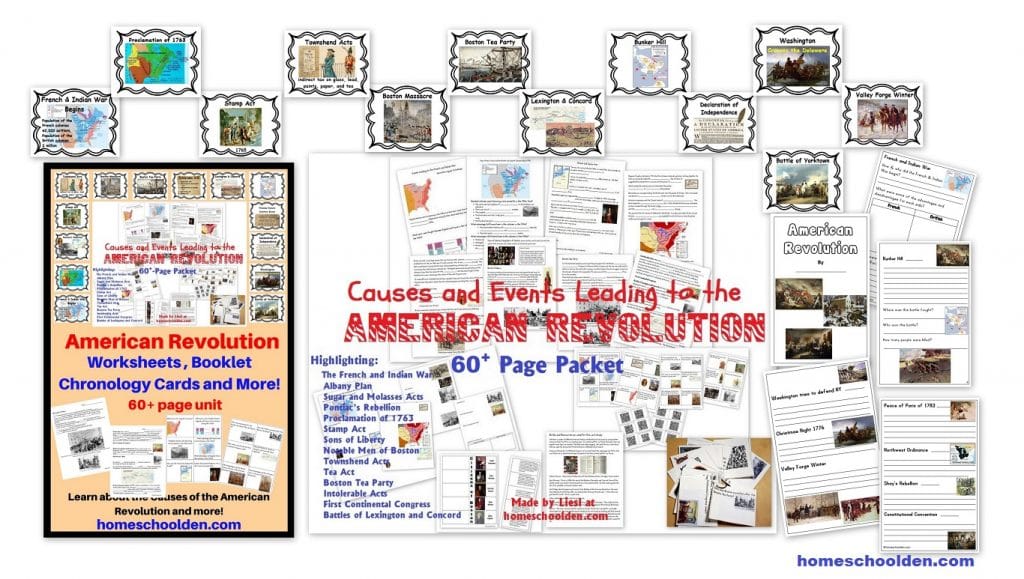
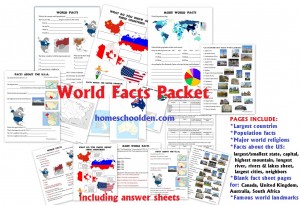
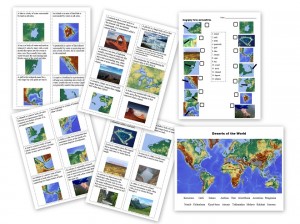
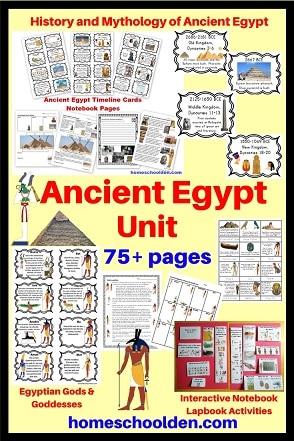
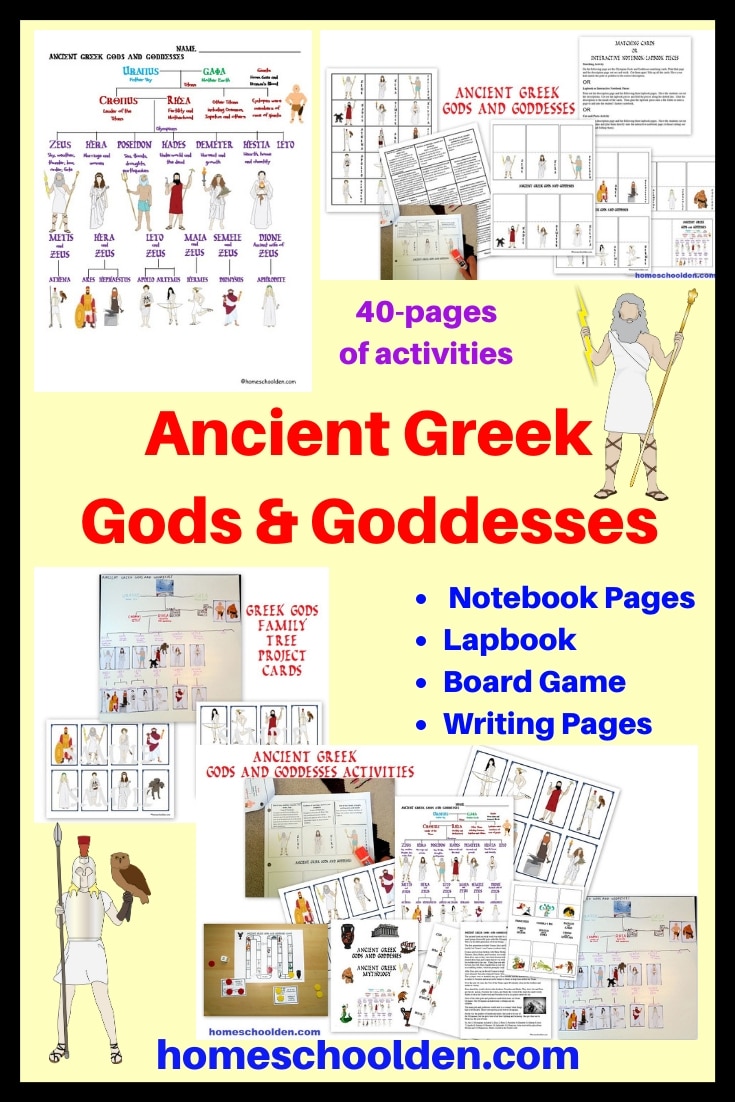


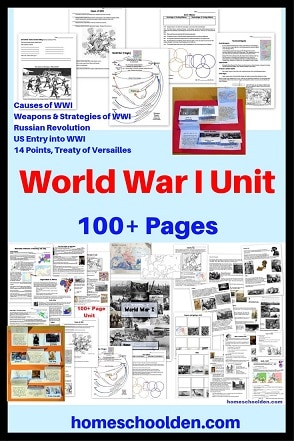
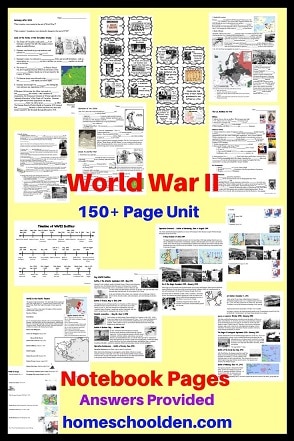
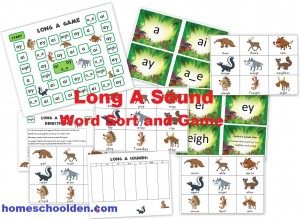
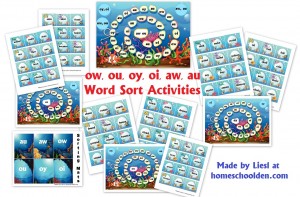

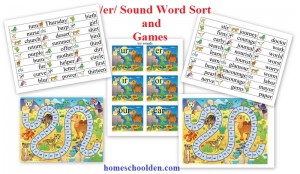
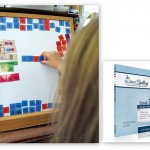
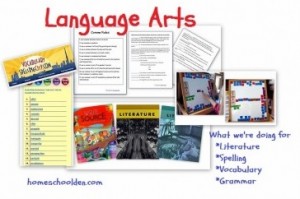
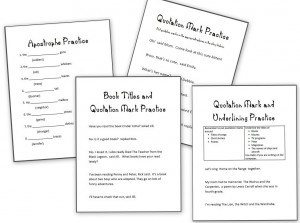

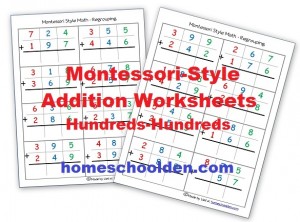
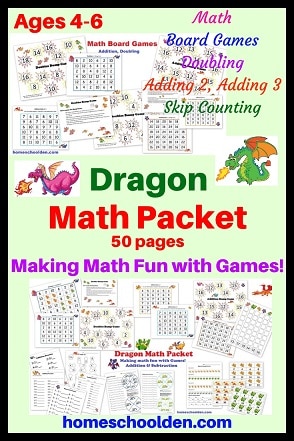
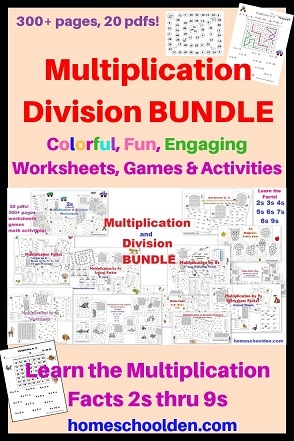
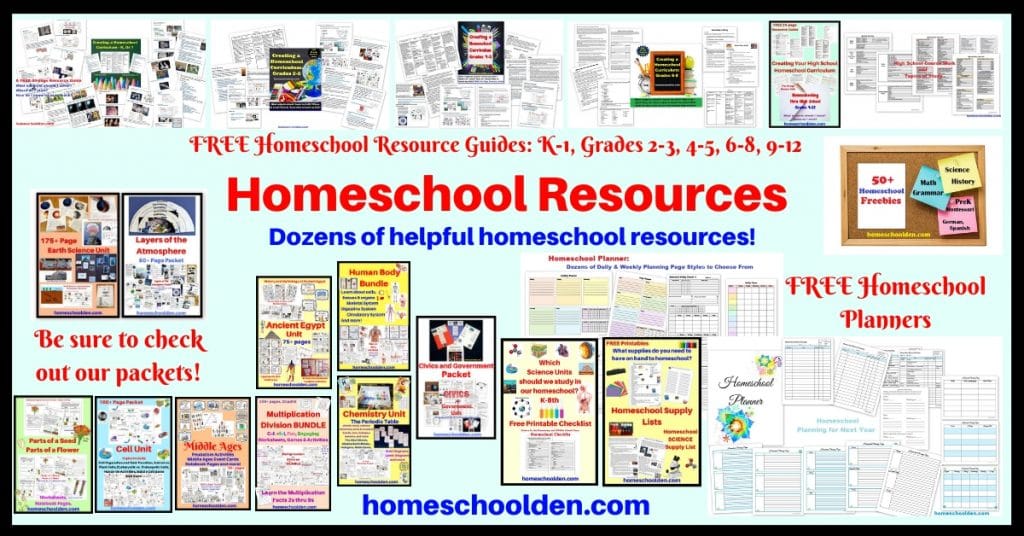
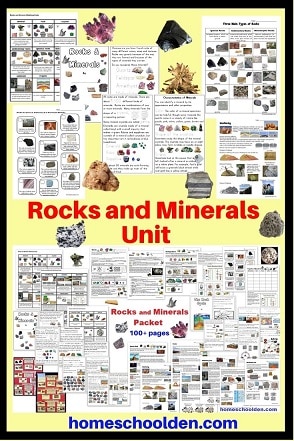
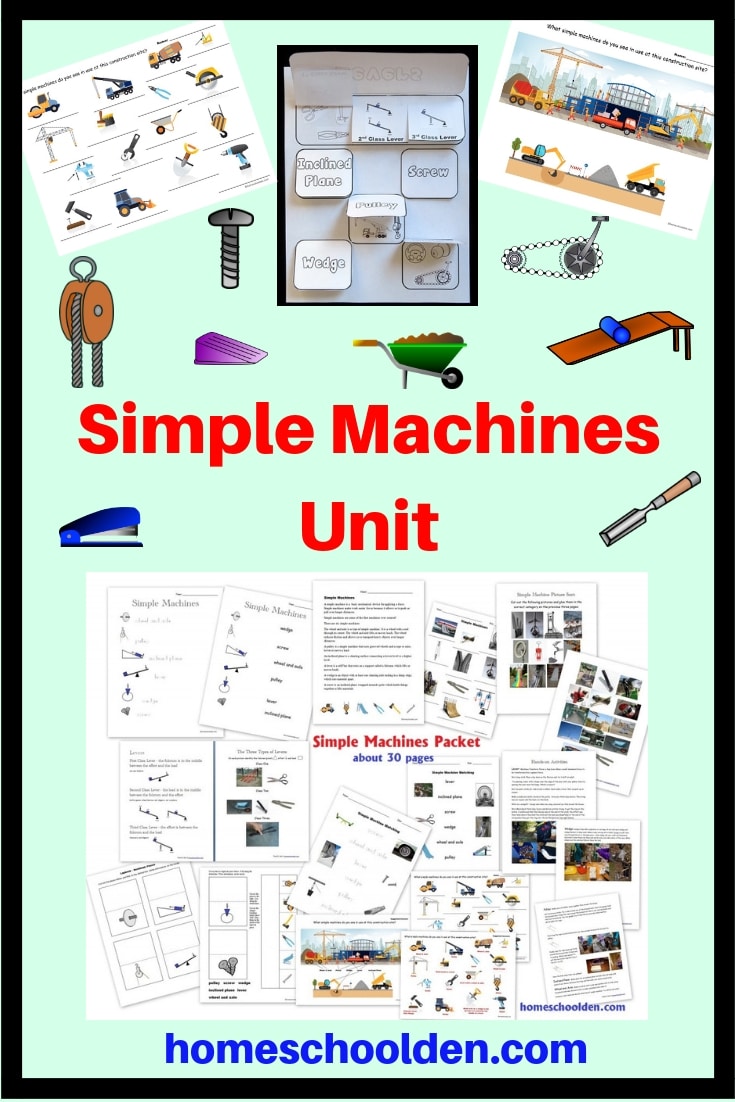
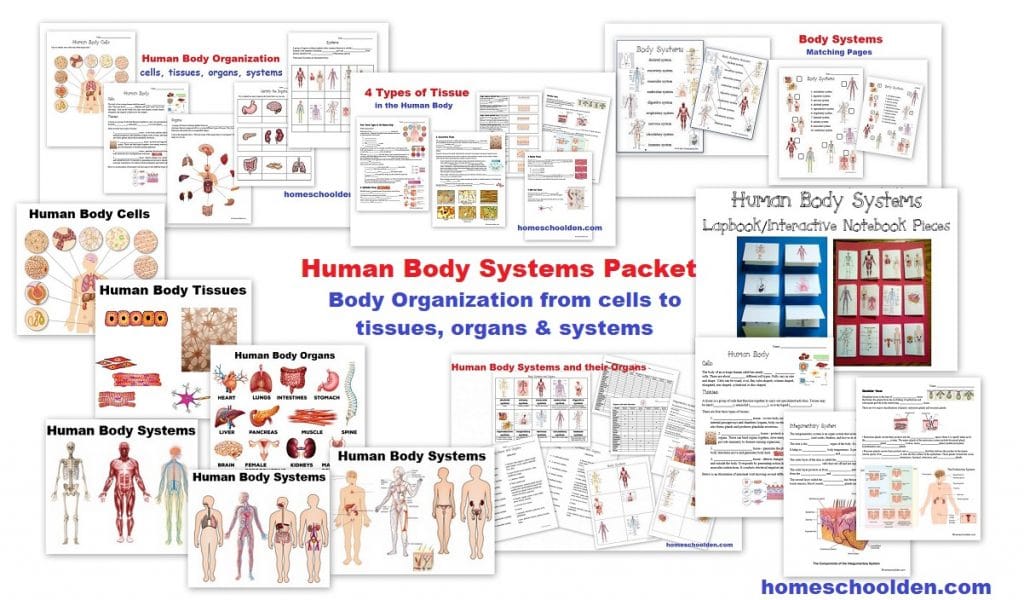
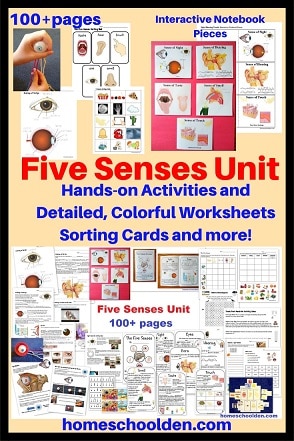
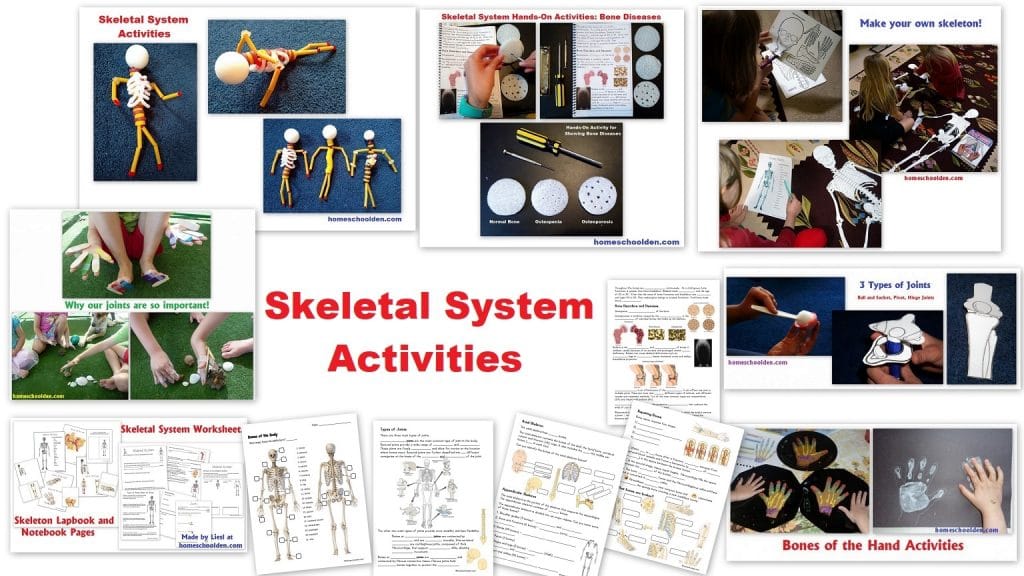
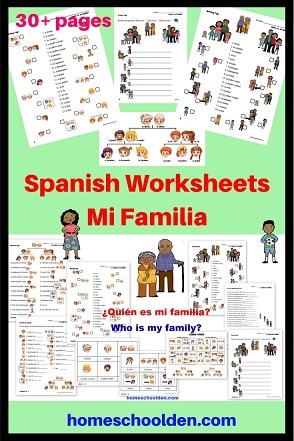
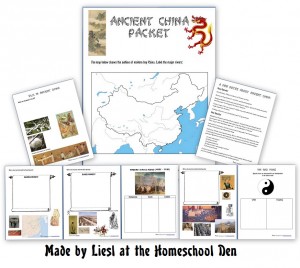
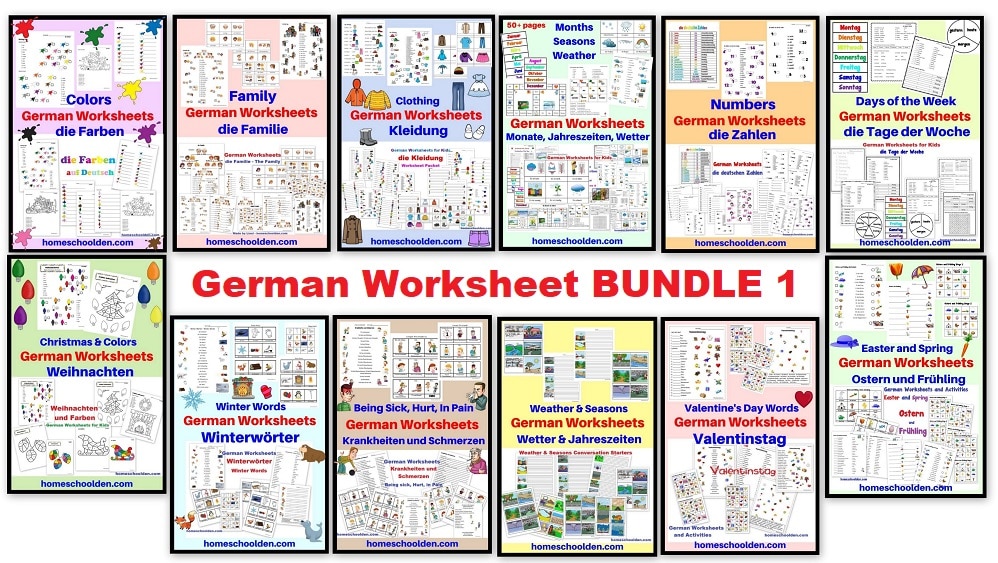
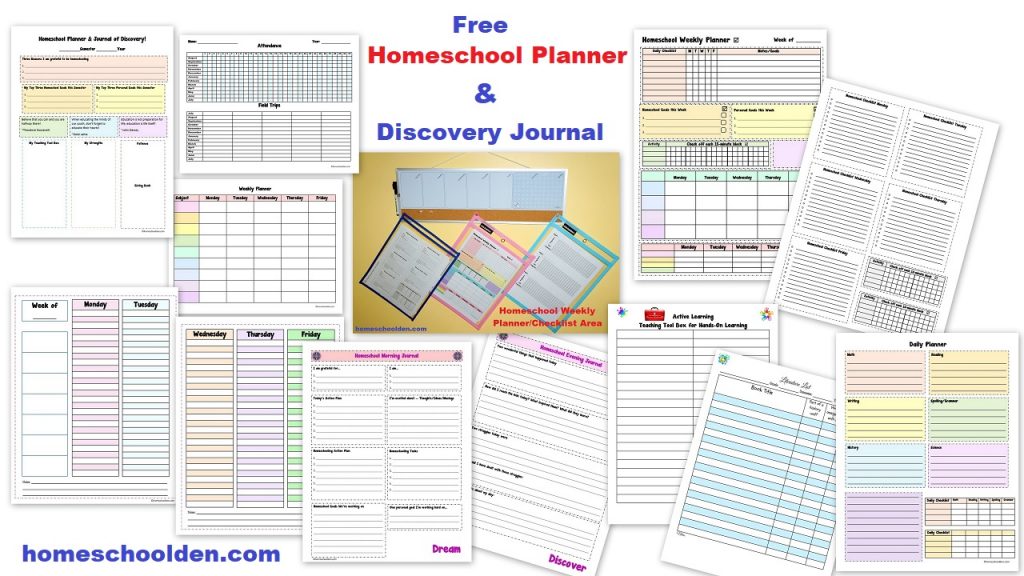
2 Responses
[…] How to Get Started Homeschooling with Unit Studies […]
[…] How to Get Started Homeschooling with Unit Studies […]